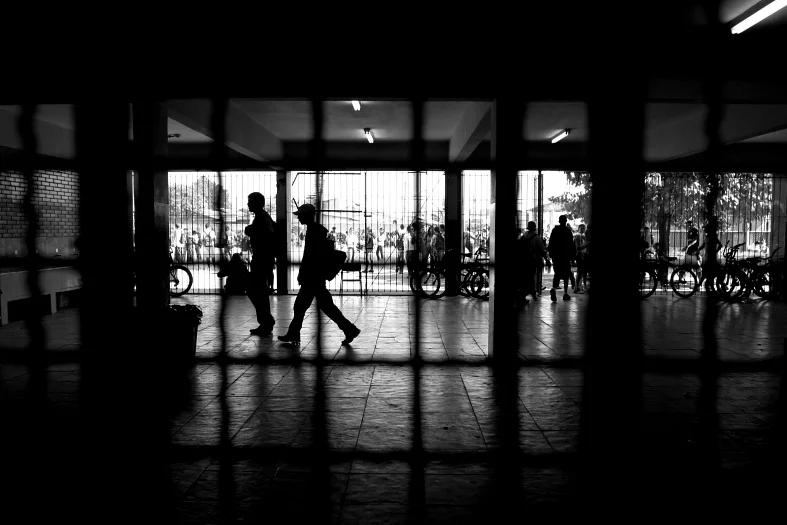Sometimes parents of students with disabilities would like to visit the school
and observe their children. The Individuals with Disabilities Education Act
(“IDEA”) expanded parent’s roles in the identification, evaluation, and
placement of their child. The IDEA does not, however, give parents a general
entitlement to observe their children at the school, although school districts
and parents are encouraged to work together and there may be some
circumstances where access may need to be provided. Generally, the
parents are still able to be full and equal participants in developing the
Individualized Education Program (“IEP”) without observation, except in
those circumstances where access may need to be provided such as when
the right to an independent educational evaluation has been invoked.
There has been a focus on what other ways the parents are being included in
their child’s education to determine whether the parent should have been
allowed to observe. In Bd. Of Ed. Of the Carmel Central School Dist., 48
IDELR 144 (2007), a special education student’s parent received services
through the IDEA and requested to observe the student for a full school day
in order to prepare for their annual review. The school denied the request.
The parent then requested to observe two classes back to back, in order to
both observe the classes and the student walking between classes. The
school denied this request but offered the opportunity to observe one class
of the school’s choice. A written test was given during the class so the
parent felt that the observation was useless.
After the annual review, the parent filed a due process complaint stating that
she needed to observe the student to evaluate the environment, student’s
skills, and safety. The hearing officer found that there was no statutory or
regulatory right to observe the student in class and that the school had
discretion in whether to grant observation. The hearing officer did direct the
school to allow the parent to observe one class period where there is
instruction however.
The parent appealed the decision to the New York State Educational Agency
stating that the restrictions on her observation by the hearing officer are a
procedural violation of IDEA. The Agency held that parents must be given an
opportunity to participate in developing their student’s IEP, but that does not
give a general entitlement to observe the student. The Agency also stated
that schools and parents should work together in order to meet their needs.
The parent was generally able to have her questions answered and received
regular progress and report cards so her ability to participate in developing
the student’s IEP was not significantly hindered.
Hearing officers and educational agencies have stated many times that a
parent does not have an unlimited right to observe their child in school. See
In re: Student with a Disability, 43 IDELR 214 (2005); Letter to
Mamas, 42 IDELR 10 (2004). Parents do have the right to be provided with
an opportunity to meaningfully participate in identification, evaluation and
educational placement of their child however. Districts and parents are then
encouraged to work together to meet both of their needs which may include
allowing observations.
If a District would like to deny a parent of a special education student’s
request to observe the student, the District should consider in what other
ways the parent is able to participate in the student’s education. The parent
should still have an opportunity to meaningfully participate in developing the
student’s IEP, and educational plan. The District should also consider how
they could work with the parents to meet both their needs.
Another concern about refusing to allow parents to observe is that the
parent may claim that the denial is in retaliation for the parent’s advocacy.
One of the best defenses to this claim would be to consistently enforce the
district’s visitor policy. This policy should limit the number and duration of
visits as well as be widely publicized.
If you have questions regarding parental observations, we recommend that
you consult with your school district’s attorney or call Karen, Steve or
Bobby.

